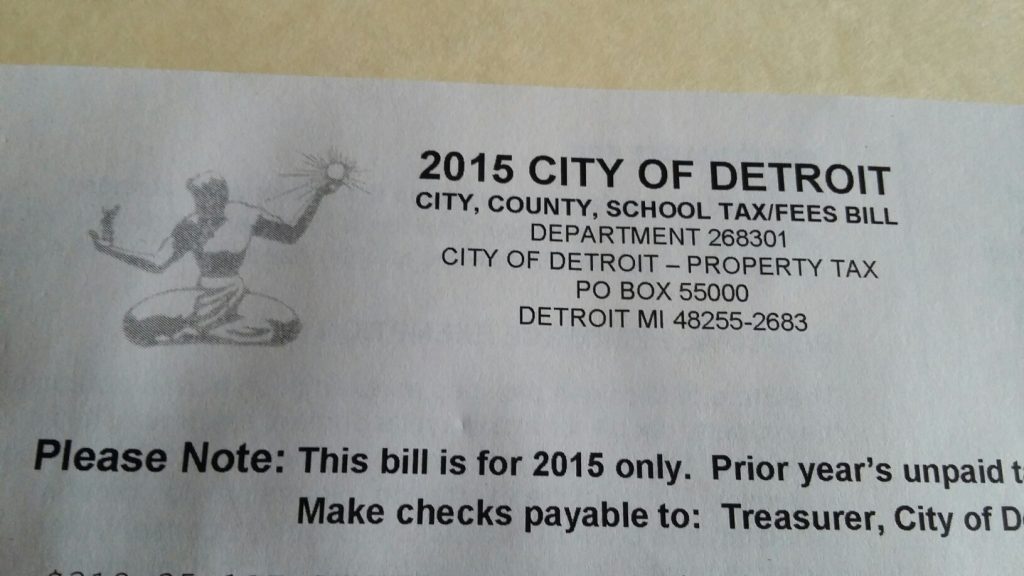The issues with Detroit’s tax ecosystem and how it can improve
The City of Detroit could benefit from a more inclusive taxing system, according to a former strategy and policy manager at the Detroit Economic Growth Corporation.

Detroit’s tax structure may be a bit unique — and that’s partly because Detroit is a city trying to redevelop and build back equitably after losing over a million people since 1950. In Detroit, there are very high property taxes, nonexistent consumption taxes and many corporate tax breaks.
With taxes, there can be a tendency to focus on a discrete part of the issue, rather than the whole. For example, there has been a lot of justifiable coverage on the $60 million tax credit that went to Dan Gilbert’s rising skyscraper recently. But the underlying issue is much broader than tax breaks or incentives.
“The only way to really come up with the money that Detroit needs to benefit from the economic activity that’s evolving — the entertainment center that it is, is to come up with a sales tax. And we’ve already chronicled how difficult that’s going to be.” — Eric Lupher, Citizens Research Council of Michigan
Listen: How changing our thinking about taxes in Detroit can benefit the city.
Guest
Nick Allen is the former manager of strategy and policy for the Detroit Economic Growth Corporation. He is now a doctoral candidate studying city planning at the Massachusetts Institute of Technology.
Allen says the goal should be an inclusive tax system that supports building and retaining wealth inside the community.
“There is this really crushing tax burden on property in the city,” says Allen, “and that’s really borne by just about every household in the city — and especially on people who are already here and committed.
“And there is this kind of important question of what do you do in that environment to attract new investment, knowing that if you don’t, the only alternative is to continue to concentrate higher and higher costs on the household that are already here. So I think of that as kind of the fundamental tax governance challenge in the city.”
Eric Lupher is the president of the Citizens Research Council of Michigan, a nonprofit research organization. He says while the city could benefit from changing its tax structure, there are challenges.
“There’s only three types of taxes in the United States that are capable of levying serious money to run a city the size of Detroit — that’s the property tax, the income tax, and the sales tax. Detroit already has the property and the income tax,” says Lupher.
“The only way to really come up with the money that Detroit needs to benefit from the economic activity that’s evolving — the entertainment center that it is, is to come up with a sales tax. And we’ve already chronicled how difficult that’s going to be.”
Trusted, accurate, up-to-date.
WDET strives to make our journalism accessible to everyone. As a public media institution, we maintain our journalistic integrity through independent support from readers like you. If you value WDET as your source of news, music and conversation, please make a gift today.
